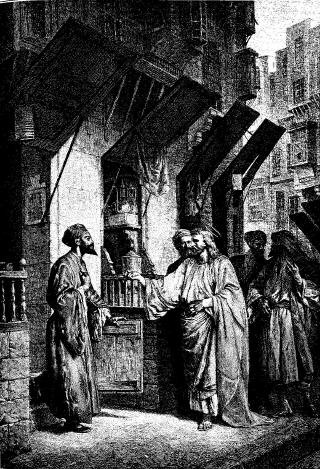Want to hear the latest on Conspiracy Theories?
What is it about Conspiracy Theories that people find so attractive? Why do Christians tend to believe them more than many others? Simple answers are appealing, but too often appallingly untrue.
Prayer & Share Zoom Meetings
Prayer & Share You are welcome to join us each Tuesday evening at 7pm for a Zoom meeting in which we share our lives and pray for each other as we live through this current upheaval to our lives and society. We also read and discuss a short passage of Scripture. If you would like […]
Stay Being Church while Staying at Home
Hello everyone, At present we are only able to meet in small groups under 10, following government requirements for religious groups under the COVID-19 guidelines. We also hold ZOOM services. prayer and share meetings and Bible studies nationwide, as well as locally. Please let us know if you would like further information. Recordings of these […]
50th Anniversary Celebration
Grace Communion International in Tasmania is planning a celebration for our fiftieth anniversary on June 9th, 2019. Our first church service was held in Launceston on June 21st, 1969. The first service in in Hobart was July 15th, 1972, and the first in Devonport was on March 2nd, 1974. We invite anyone that has been […]
Breaking Religious Patterns

Matthew 9:9-17 “On hearing this, Jesus said, ‘It is not the healthy who need a doctor, but the sick. But go and learn what this means: ‘I desire mercy, not sacrifice.’ For I have not come to call the righteous, but sinners’” (Matthew 9:12-13). The call of Matthew illustration by Alexandre Bida Jesus’ purpose […]
New Sermons added
Sermons on Colossians, the role of religious observances in our Christian identity, baptism, and the kingdom of God, among others, have been added. Just go to the Sermons section to read them. We are planning to add audio and at some stage, video sermons as well. We hope you find them helpful!
Jesus: Double Agent
Christmas, the traditional day for celebrating the birth of Jesus, provides the church its focal point for gratefully acknowledging the Incarnation of the Son of God. In response to this historic event, the angels joyfully praised God (Luke 2:13) as they watched God’s master plan unfold. I believe this is significant to notice. The angels rejoiced […]
Soldiers or Children of God?
God’s Greatest Work To me, one of the more frightening movie scenes occurs in The Lord of the Rings Trilogy, where the Orc army is assembling. They are being readied to march out to accomplish the evil lord’s purposes. The image of all those mean, beady-eyed creatures heading out to kill their enemies in cold […]
The Favour of the King
The Favour of the King Like many others, I enjoy keeping up with the British royals. The birth of the newest prince in July was exciting, not only because of the happiness of the young parents, but also because of all the history behind that little boy. As I’ve read about kings and their courts […]
Retreat – Camp Clayton October 21-27, 2013 “The Psalms”
We are holding our annual retreat/festival at Camp Clayton, Claytons Rd, Bass Highway, just east of Ulverstone, starting at 3:30pm on Monday October 21st, and concluding Sunday October 27th at lunch time. This year we have chosen the challenge of exploring the Psalms. We plan to take an overview of their nature and how we can read […]
